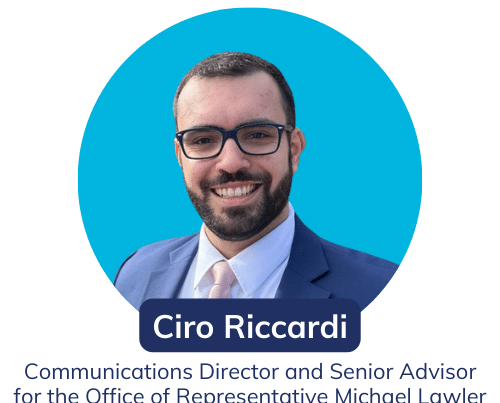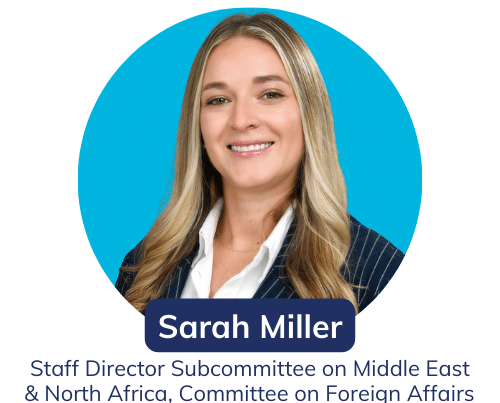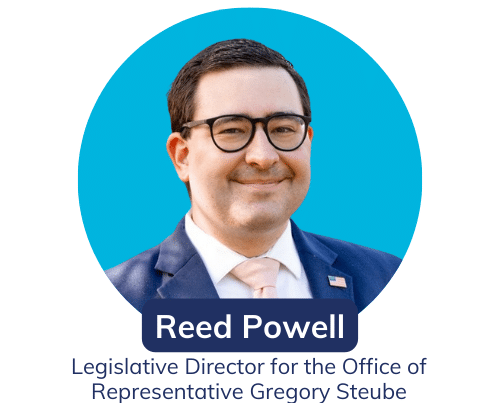
The Safe Tech Act would make clear that Section 230:
- Doesn’t apply to ads or other paid content
- Doesn’t bar injunctive relief
- Doesn’t impair enforcement of civil rights laws
- Doesn’t interfere with laws that address stalking/cyber-stalking or harassment and intimidation on the basis of protected classes
- Doesn’t bar wrongful death actions
- Doesn’t bar suits under the Alien Tort Claims Act
Warner argued in the webinar that Section 230 was designed to protect small business in the 80s and 90s but that with the major expansion of the internet it is today a “get out of jail free card” for large tech companies. The bill would ensure that companies don’t profit off of ads and paid content that causes harm – for instance, a platform could be held accountable for paid content on its site that advertises banned machine guns. Additionally, Warner said the bill would not inhibit free speech, as some critics have suggested. It would make websites liable for extremist and violent content, a goal which is backed by many civil rights groups and would hopefully allow minority and activist groups to speak more freely online without the threat of harassment.
Other speakers at the webinar brought up various points in support of or in opposition to the bill:
- Mary Anne Franks, a law professor at University of Miami Law School, said a strong point of the bill is that is that it centers the discussion around speech in particular, rather than just information in general as in the current Section 230. It also emphasizes good actors vs. bad actors online, creating a way to give protection to those acting in good faith, but not internet scammers, for instance.
- Olivier Sylvain, a law professor at Fordham University, said the carve outs for civil rights and wrongful death are particularly significant portions of the Warner bill. He also noted the importance of the carve out for paid content, which can, among other things, prevent unlawful advertising based on race and gender.
- Daphne Keller, director of the program on platform regulation at Stanford Cyber Policy Center, was more critical of the bill, stating that it is imprecise and attempts to solve 5 or 6 major issues without sufficient detail. Her main argument was that the restriction of content in the bill would cause companies to overreach and remove speech that should still remain online. To combat this, she would like to see a law with more procedural restrictions regarding what companies should take down.
- Lauren Culberston, Head of US Public Policy at Twitter, gave insight into the four pillars Twitter will look to uphold and would like to see reflected in Section 230 reform bills. These are transparency, procedural fairness, user choice and algorithmic choice, and user privacy.






